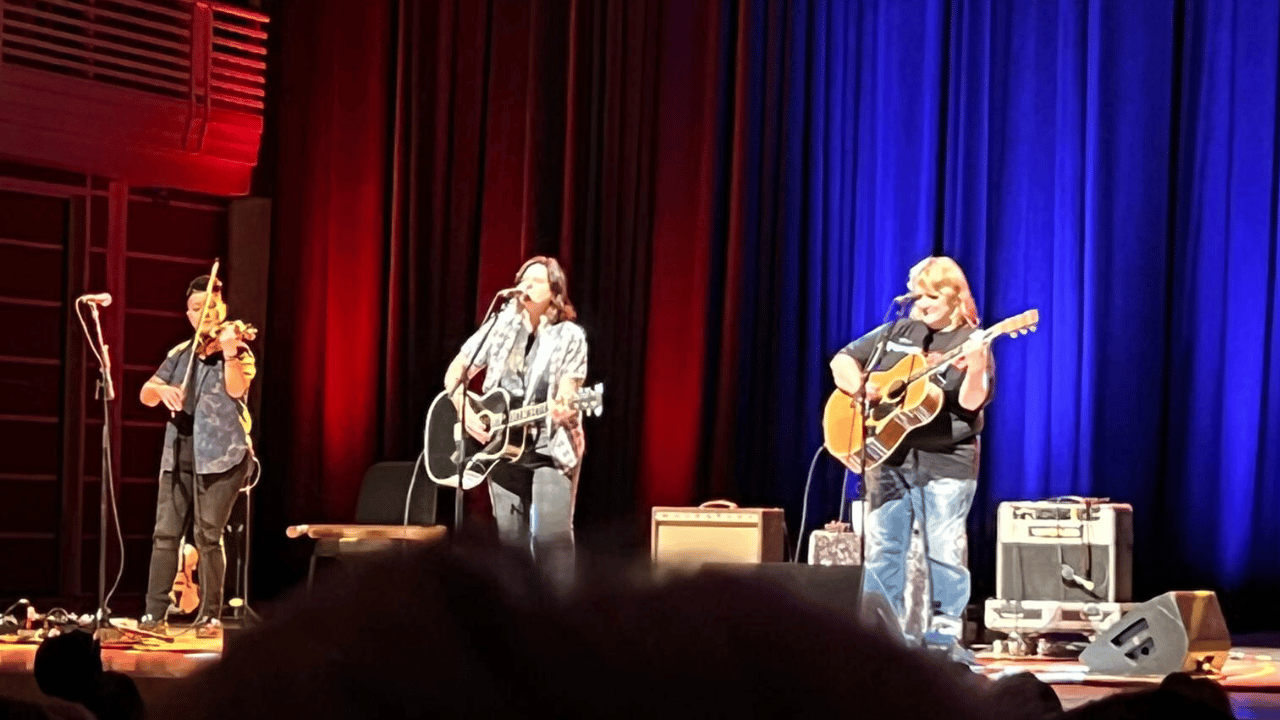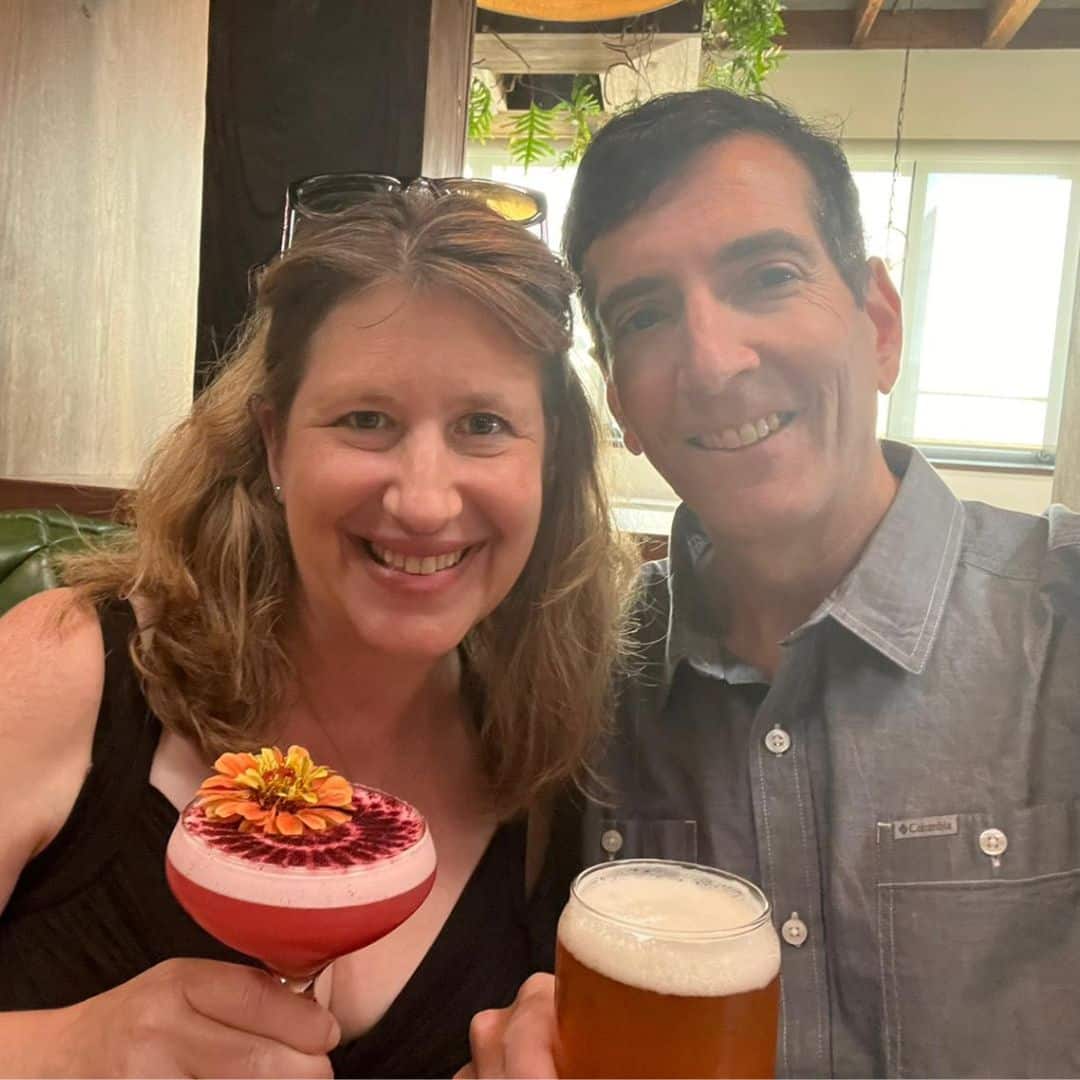Five Ways To Tell If You’re Getting Wiser

This article was first published by Forbes
I recently had the pleasure of seeing one of my favorite bands live in concert. It was an anniversary gift from my husband and my first live show in years!
To my complete surprise, as the Indigo Girls came onstage and started singing “Least Complicated,” I felt my eyes fill up with tears. I was completely happy being there, singing along to a great song with my husband right next to me—why was I crying? Part of it could be nostalgia: It was the third Indigo Girls show my husband and I have attended together, and my fourth personally. There’s lots of research showing that nostalgia is a powerful feeling and often a way we can increase our optimism (and weirdly, feel physically warmer).
As I considered it, though, I realized that specific song was actually bringing me back to a harder time in my life. Throughout my teens and early 20s, the Indigo Girls were the soundtrack to my emotion-filled days. Were my teens/20s traumatic? Not any more than any other teenagers or young adults—but to me, that’s the point. Nothing crazy-bad needs to happen for our teenage and young adult years to feel tumultuous; we’re racking up new experiences and relationships at a warp-speed rate that we rarely experience again as we get older. Hearing that opening song took me back to those often confused and angst-ridden times.

• I remember singing “Galileo” in the car with my cousins during a particularly hard breakup.
• I remember dancing to “Closer to Fine” with my workmates at a concert at the Greek in Berkeley. It was my first job and during a time when I often felt flat-footed and unsure at work.
• I can also picture myself as a teen, sitting in the car with my older (driving) brother while he played their music. Those felt like miraculous moments when I had his time and attention.
Reflecting on this unexpected emotion has made me think about all the wisdom that we bring as leaders later in our careers—once those tumultuous years of youth are behind us.
Five Lessons I’ve (Mostly) Learned About Work Since My 20s:
- Approval from others is no longer necessary. I no longer expect everyone to like, or even appreciate, me and my work. When people do, I am certainly gratified, but I don’t need others’ approval to know the value of the work that I’m doing and the service I’m providing.
- Pause before responding. I’ve learned that just because I feel something doesn’t mean I need to share it or act on it. In my earlier career, I rode the tsunami of my own emotions daily and everyone around me knew what they were. Since talking to my executive MBA students about taking conscious pauses regularly, I now more diligently practice giving myself space between feeling my emotions and responding, or acting, on them.
- Saying no gets easier. I can say no and still be respected and appreciated. I remember pulling an all-nighter at work when I was 23. I had overpromised on deadlines to two different partners and now was desperate to not disappoint them. In retrospect, that night was just the culmination of the tangle I had gotten myself into that stemmed from not saying no and not setting realistic expectations much earlier.
- Think of your future self. I’ve learned to think more about the impact of my choices on my future self. When I was younger and stayed out too late, I rarely contemplated the downstream impact of this decision—or many others, if I’m honest. These days, I often tell people that something sounds interesting, but I need to check my schedule before saying yes. Then I check my schedule, and not just the day in question, but all the days around it, before agreeing to commitments that my future self could potentially resent me for.
- Show up prepared. Don’t wing it. I’ve learned the value of not just showing up but showing up prepared and with data. I’m a spontaneous person, so I winged a lot of meetings and presentations in my 20s. I’m sure I prepared for the most important ones, but not as much as I could have. Now I know that taking the time ahead to decide what’s most important and what takeaways I want to have (or for others to have) from the meeting is a faster path to alignment and action.
There’s a lot of research that self-reflection can make you a better leader. I think it’s also important to mark our growth along the way. We’re never “there.” We never hit nirvana and find we no longer need to grow. That means when we take the time to pause along our journey, we get the opportunity to appreciate all we have learned already, that even though we’re not done, we’re still much wiser than we were 20 years ago… and possibly even last year.